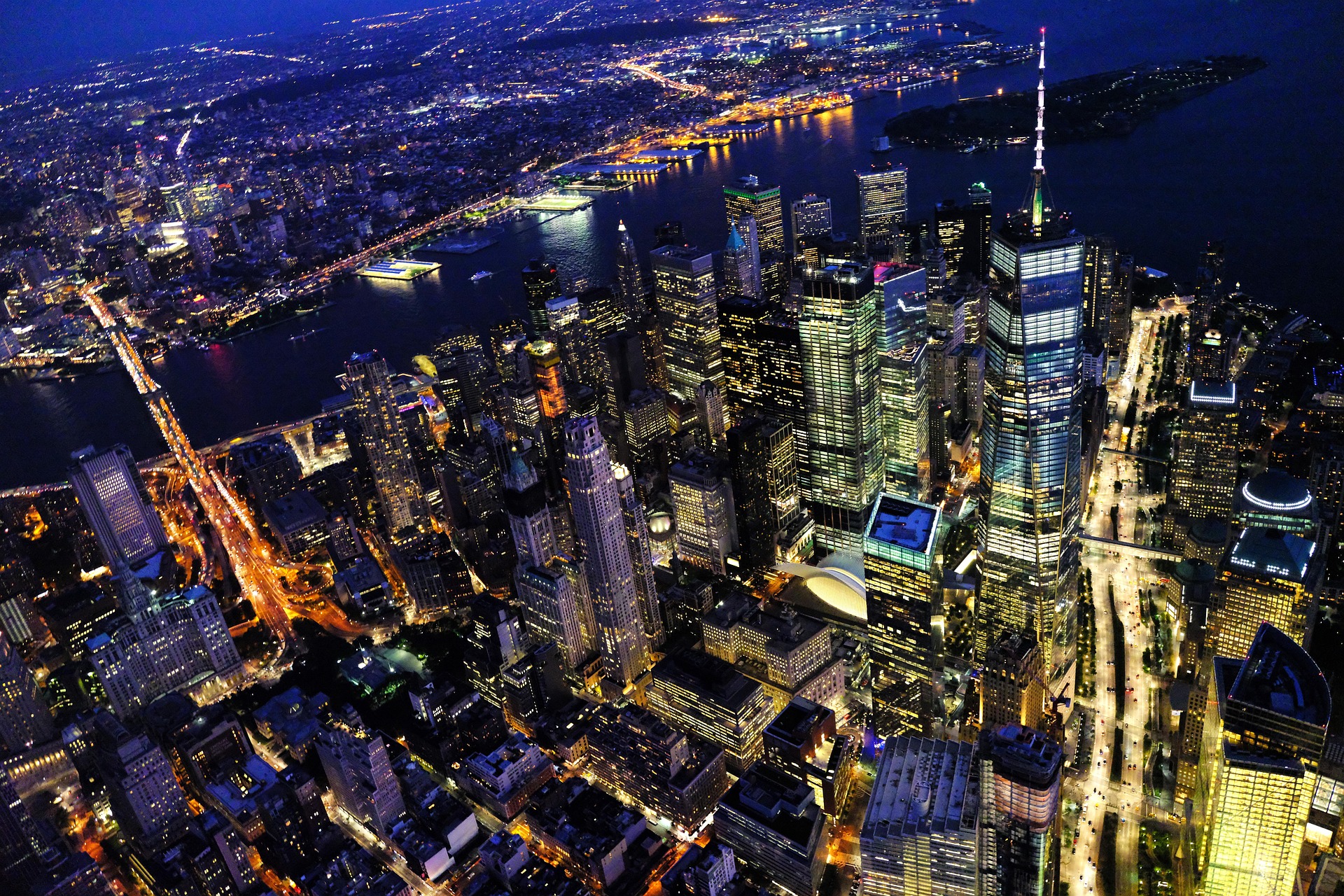nZero, developer of a real-time carbon accounting and management platform, is offering free carbon emissions assessments for buildings in New York City.
The offer is intended to help building owners prepare for the city’s upcoming Local Law 97 reporting requirements and compliance. This law will soon assess monetary fines for buildings with emissions that are in non-compliance.
Nearly 20% of properties are currently over the Local Law 97 caps set for 2024, while about 76% of properties are over the caps set for 2030, according to a nZero news release. “The Real Estate Board of New York (REBNY) estimates 3,700 properties could initially be out of compliance and face over $200 million per year in penalties—this could exceed $900 million annually by 2030,” the release says.
Local Law 97 introduces GHG emissions requirements on buildings over 25,000 sf, and two or more buildings on the same tax lot with a combined size exceeding 50,000 sf. The non-compliance penalty is $268 per metric ton, with the largest non-compliant buildings estimated to be facing fines greater than $100,000 per year. Initial reporting is due May 2025.
“Every building at a certain size will need to meet the new Local Law 97 emissions regulations, but you can't act on what you can't measure,” says Josh Griffin, co-founder and chief policy officer of nZero. “The key to avoiding penalties in May 2025 is early action. Our free assessment helps buildings benchmark emissions now, see what their footprint will look like under the new reporting standards, and offer a decarbonization roadmap based on their unique needs.”
Related Stories
| Aug 11, 2010
29 Great Solutions for the AEC Industry
AEC firms are hotbeds of invention and innovation to meet client needs in today's highly competitive environment. The editors of Building Design+Construction are pleased to present 29 "Great Solutions" to some of the most complex problems and issues facing Building Teams today. Our solutions cover eight key areas: Design, BIM + IT, Collaboration, Healthcare, Products, Technology, Business Management, and Green Building.
| Aug 11, 2010
Walmart establishes sustainable product index to evaluate 'greeness' of products
Walmart today announced plans to develop a worldwide sustainable product index during a meeting with 1,500 of its suppliers, associates and sustainability leaders at its home office. The index will establish a single source of data for evaluating the sustainability of products.
| Aug 11, 2010
9 rooftop photovoltaic installation tips
The popularity of rooftop photovoltaic (PV) panels has exploded during the past decade as Building Teams look to maximize building energy efficiency, implement renewable energy measures, and achieve green building certification for their projects. However, installing rooftop PV systems—rack-mounted, roof-bearing, or fully integrated systems—requires careful consideration to avoid damaging the roof system.
| Aug 11, 2010
USGBC’s Greenbuild 2009 brings global ideas to local main streets
Save the planet with indigenous knowledge. Make permanent water part of your life. Dive deep water for clues to environmental success. Connect site selection to successful creative concepting. Explore the unknown with Discovery Channel’s best known guide. These are but a few of the big ideas participants can connect to at USGBC’s Greenbuild International Conference and Expo, taking place on November 11-13, 2009 in Phoenix, Ariz.
| Aug 11, 2010
Toronto mandates green roofs
The city of Toronto late last month passed a new green roof by-law that consists of a green roof construction standard and a mandatory requirement for green roofs on all classes of new buildings. The by-law requires up to 50% green roof coverage on multi-unit residential dwellings over six stories, schools, nonprofit housing, and commercial and industrial buildings.
| Aug 11, 2010
Great Solutions: Products
14. Mod Pod A Nod to Flex Biz Designed by the British firm Tate + Hindle, the OfficePOD is a flexible office space that can be installed, well, just about anywhere, indoors or out. The self-contained modular units measure about seven feet square and are designed to serve as dedicated space for employees who work from home or other remote locations.







